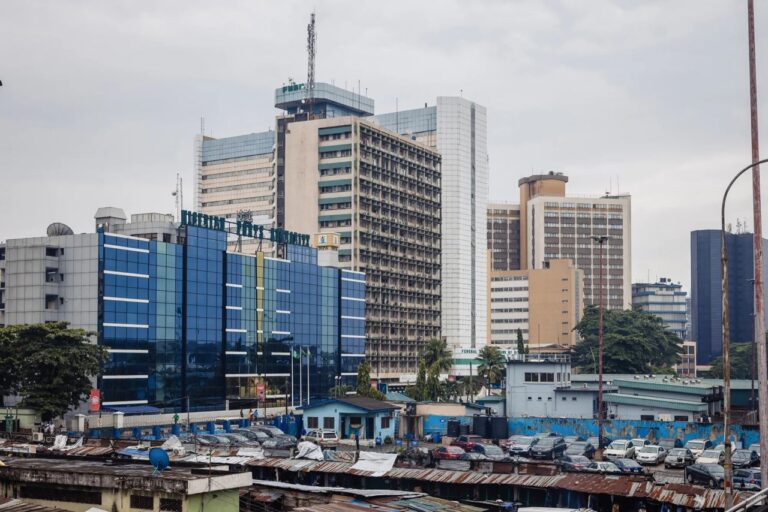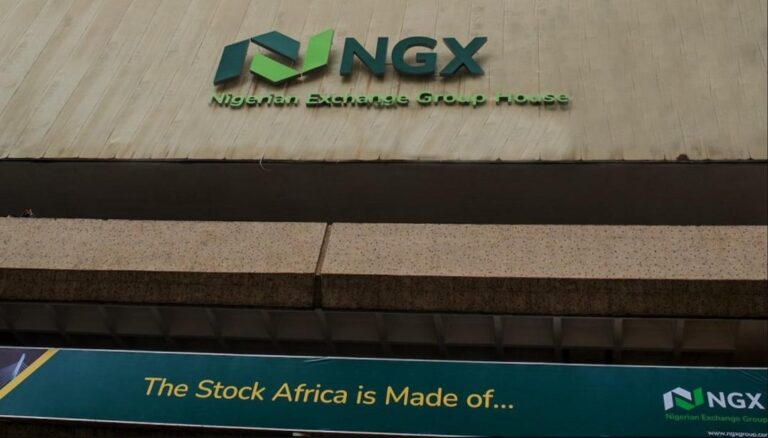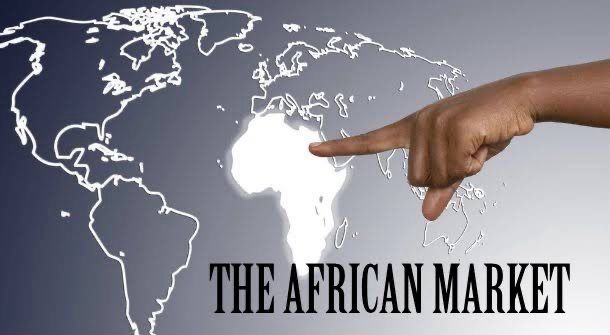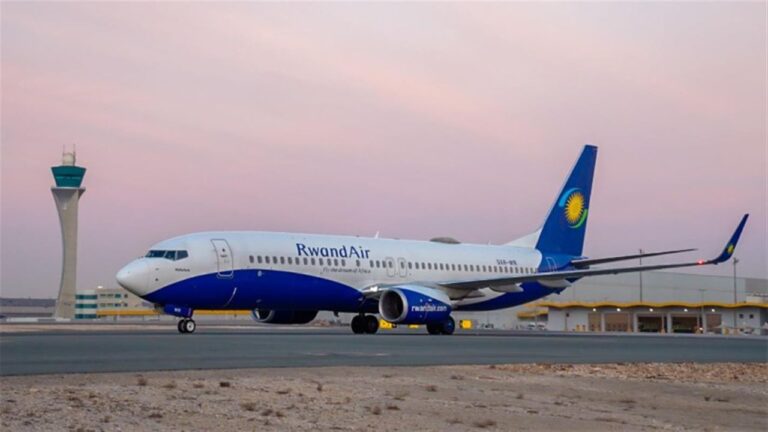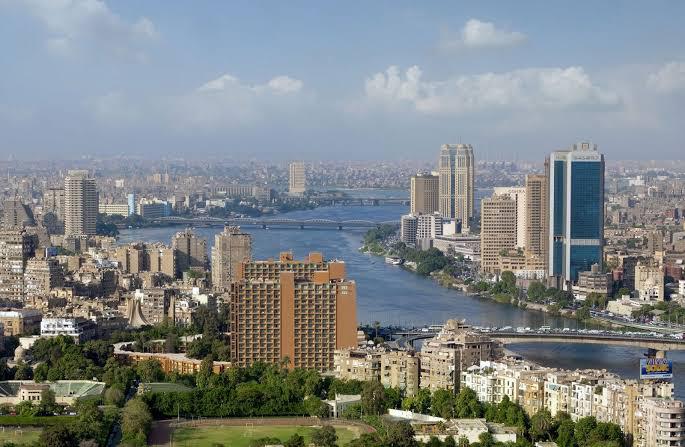Amid increasing illicit gold trading and to reclaim billions in lost revenue, Ghanaian President John Dramani Mahama today launched a specialized task force, backed by formidable security forces. The initiative underscores Ghana’s commitment to sanitizing its vital gold sector, which remains the bedrock of its economy.
Ghana, Africa’s leading gold producer, has grappled with rampant illegal gold smuggling, costing the nation an estimated $11 billion in the past five years alone, primarily flowing to destinations like the United Arab Emirates, according to a recent report by the nonprofit Swissaid.
This substantial loss has significantly shortage in government revenue, undermined legitimate mining operations, and raised concerns about the country’s economic stability.
The newly formed “GoldBod Task Force,” as confirmed by Sammy Gyamfi, CEO of the Ghana Gold Board (GoldBod), will be endowed with powers similar to that of police officers. Their mandate is clear: to relentlessly pursue and clamp down on gold smuggling, illegal trading, and price manipulation within the sector.
“This special security team will work closely with an intelligence network that is already active across the country,” stated Mr. Gyamfi at the launch event held at the National Security Secretariat in Accra. “Their job is to monitor and clamp down on unlawful gold trading activities.”
However, the task force’s establishment follows a series of strategic legislative and operational reforms by the Mahama administration. In April 2025, President Mahama signed the Ghana Gold Board Bill into law, establishing GoldBod as the sole authority with exclusive rights to buy, sell, weigh, grade, assay, value, and export gold and other precious minerals. This legislative framework, combined with GoldBod’s upcoming “track-and-trace” system, aims to ensure ethical and transparent sourcing of gold and ultimately secure London Bullion Market Association (LBMA) certification for Ghana’s gold.

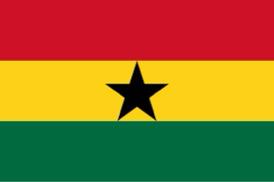
Significantly, Ghana’s gold industry is a major contributor to the nation’s GDP, accounting for over 50% of foreign direct investment and serving as the largest tax-paying sector. In 2024, Ghana mined an estimated 4.9 million ounces of gold, an 8.5% increase from 2023, with artisanal and small-scale mining (ASGM) playing a crucial role. Despite this growth, the pervasive issue of illegal gold trading has consistently siphoned off a substantial portion of potential revenue. For instance, in 2023, an estimated 34 metric tons of Ghana’s gold output went undeclared, roughly equivalent to the country’s entire recorded production for that year.
The government had previously attempted to curb smuggling through a 3% withholding tax on artisanal gold exports in 2019, which inadvertently led to a dramatic collapse in declared exports and a surge in illicit activities. While a subsequent reduction to 1.5% in 2022 saw a partial rebound, the complete removal of the tax in March of this year, coupled with the new task force, signals a more aggressive and direct approach to controlling the gold trade.
President Mahama’s administration is clearly signaling its resolve to recover lost billions and ensure that Ghana fully benefits from its abundant mineral wealth. The success of the GoldBod Task Force will be crucial in demonstrating the efficacy of these new measures and in restoring investor confidence in Ghana’s gold sector.






